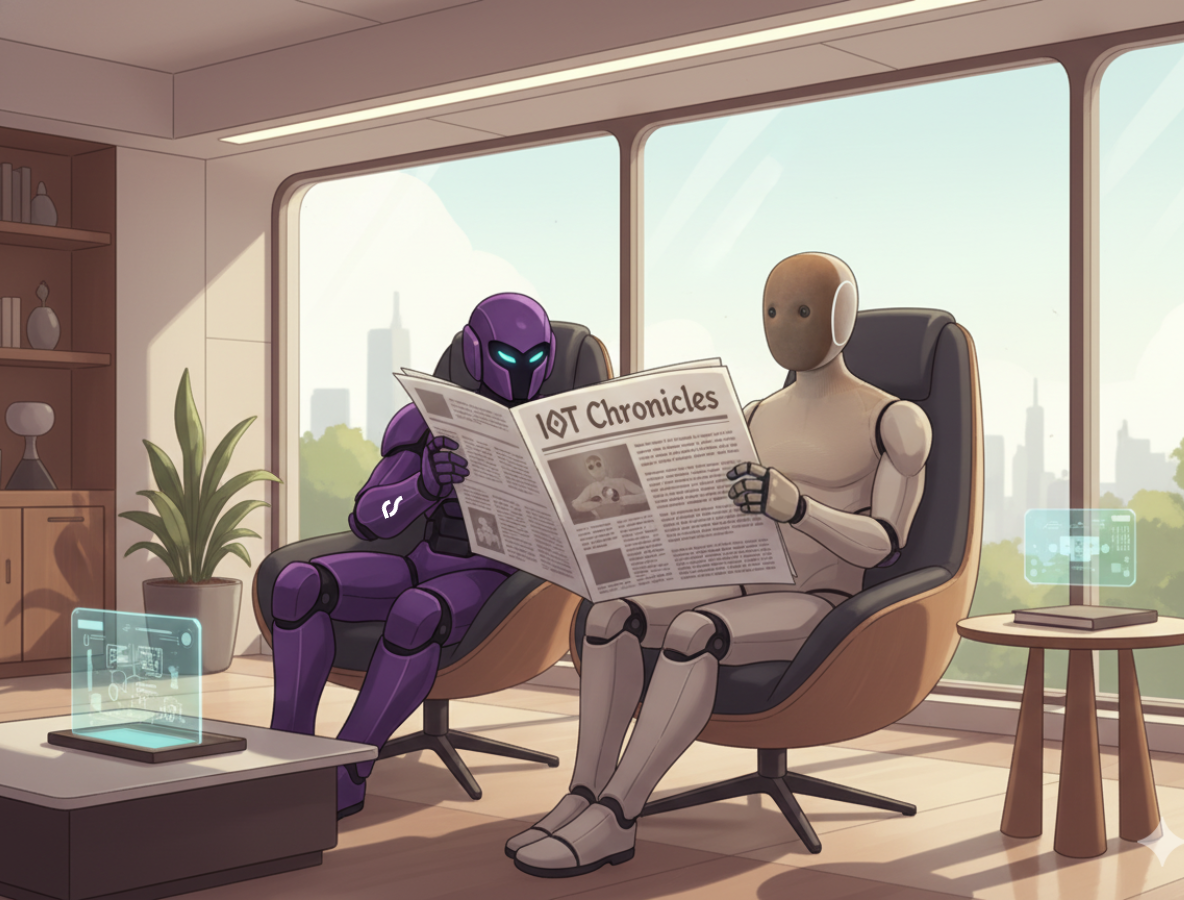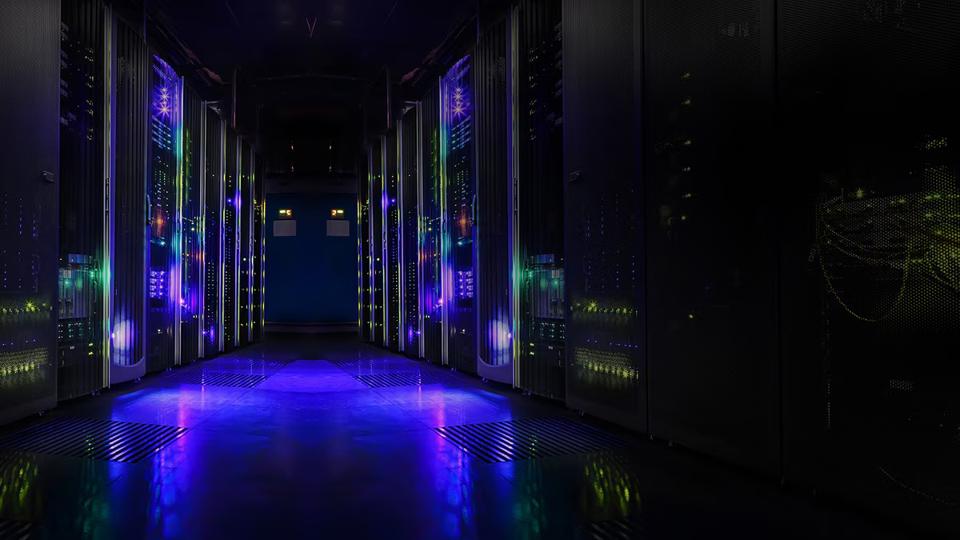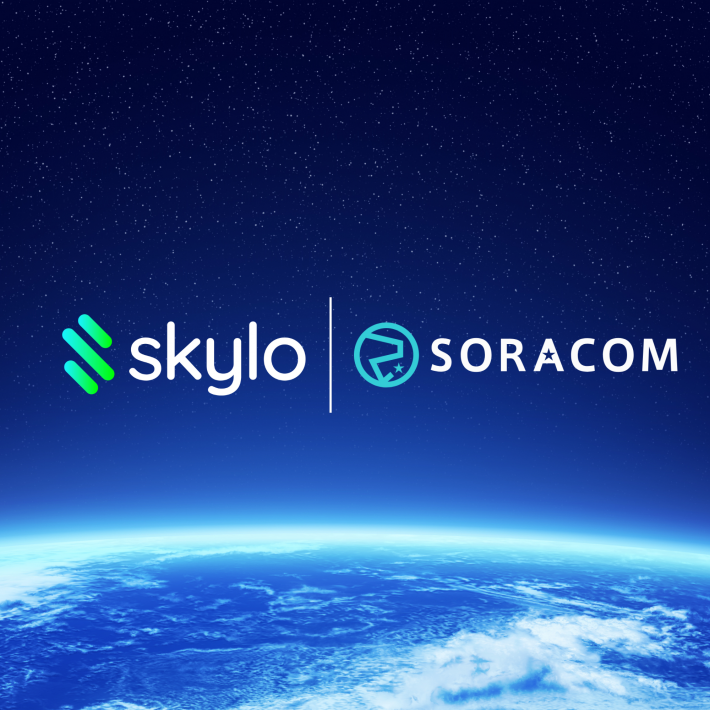IoT Chronicles: October 2025

October is associated with nostalgia and shorter days. However, this year, the IoT industry decided to bring a lot of technological sunshine with its innovations. Instead of slowing down, development has picked up speed: AI supercomputers are driving new discoveries, connectivity is extending beyond buildings and continents, and robots are entering our living rooms. The future is not waiting for January, but is gaining momentum every day and the five updates below are proof of that.
1. Meet Neo - The New Home Robot

1X Technologies has unveiled NEO, a humanoid robot designed to perform real-life tasks in the home. Designed to interact safely with people and navigate everyday environments, NEO can perform tasks such as folding laundry, tidying up spaces and managing basic household chores, all while engaging in natural conversations and learning from context.
Equipped with visual and language intelligence, autonomous navigation, and seamless smart-home connectivity, NEO acts as a mobile interface for AI inside the physical world. Early units ship in 2026, with pricing starting at $20,000 or $499/month. This launch signals a shift from prototypes to real, scalable products.
2. HaLowLink 2: The Gateway Pushing Wi-Fi Into Smart Factories and Farms
Wi-Fi HaLow is accelerating into the mainstream with new developer kits that showcase its long-range, low-power advantage. Powered by Morse Micro’s MM8108 chipset, the latest HaLowLink 2 gateway combines sub-GHz HaLow with standard 2.4 GHz Wi-Fi, delivering miles-long reach, stronger wall penetration, and the bandwidth to replace Ethernet backhaul in IoT deployments.
With global support, OpenWrt flexibility, dual Gigabit Ethernet and USB-C, HaLowLink 2 gives innovators a practical path to build wireless infrastructure where cables can’t go: from smart factories to sprawling farms. HaLow isn’t just another Wi-Fi standard; it’s wireless connectivity built for the real world.
3. America’s AI Power Play: DOE Taps Tech Giants for Next-Gen Supercomputers

The U.S. Department of Energy is partnering with Nvidia, AMD, and Oracle to build four powerful new AI supercomputers, designed to accelerate scientific research, national security, and clean-energy innovation. Nvidia and Oracle will deliver systems built on Nvidia’s Blackwell architecture, while AMD and HPE are developing two machines known as Lux and Discovery, powered by next-generation AMD CPUs and GPUs.
These supercomputers will handle massive data processing and simulation workloads, unlocking smarter infrastructure, more advanced digital twins, and AI models that can turn real-world sensor data into actionable intelligence. By strengthening America’s high-performance AI backbone, the initiative pushes the frontier of innovation across connected industries, from smart manufacturing to resilient energy systems.
4. Samsung Pushes Smart Homes Forward with Unified Thread Networks
Samsung SmartThings is taking a major step toward a truly unified smart home. With new support for two-way Thread network unification, SmartThings hubs and border routers can now join existing Thread meshes, instead of creating fragmented networks. Thanks to Thread 1.4 credential sharing, users can seamlessly onboard third-party routers using QR codes or one-time passcodes directly in the SmartThings app.
For developers and integrators, this means broader device compatibility and fewer ecosystem barriers. For consumers, it brings the smart home closer to true plug-and-play, where devices from Samsung, Apple, Google, Amazon, and others simply work together
5. Satellite Meets Cellular: Soracom Expands the Edge of IoT Coverage

Soracom has officially launched its hybrid satellite + cellular IoT connectivity solution in partnership with Skylo Technologies. Available now in North America, Europe, Latin America and Oceania, the offering lets organisations deploy standard cellular IoT devices that seamlessly switch to Skylo’s direct-to-device satellite network, all managed through Soracom’s unified platform.
Key benefits include a single dashboard for both satellite and terrestrial connectivity, unified billing and self-service provisioning, and access to Soracom’s AI-enhanced network services.
That's a wrap!
If you blinked, you might’ve missed it: robots joined the household, Wi-Fi went long-distance, satellites joined the team, and smart homes started cooperating. The year isn’t over yet, but the future is definitely ahead of schedule.
Rapidly adapt our competences into your IoT solution
Contact us and share your challenges
.jpg)
